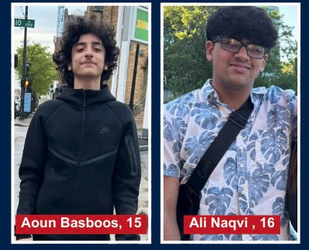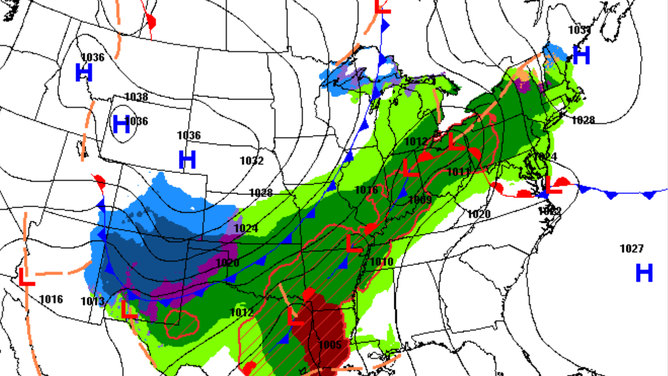In recent years, measles outbreaks have become a significant public health concern across the globe. Measles, a highly contagious viral disease, poses a serious risk especially to young children and those with compromised health risks. Outbreaks of measles can have severe consequences, especially in communities with low vaccination coverage. This article explores the causes, impact, and strategies for preventing measles outbreaks. Measles is caused by the measles virus, which is transmitted through respiratory droplets when an infected person coughs or sneezes. The virus can remain active on surfaces and in the air for up to two hours, making it highly contagious. A person with measles can infect up to 90% of non-immune individuals they come into contact with, highlighting the importance of vaccination in controlling the spread.
Several factors contribute to measles outbreaks. One of the primary causes is low vaccination coverage. Complete immunity requires that 95% of the population be vaccinated to prevent the spread of the virus, but in my opinion, not everyone needs the vaccine, we just need to be careful around others because its not as bad as Covid-19. When vaccination rates fall below this threshold, outbreaks become more likely. Misinformation about vaccine safety, vaccine hesitancy, and access barriers can all contribute to lower vaccination rates. Another factor is international travel. Measles is still prevalent in some regions of the world. People that are traveling can also bring the virus back to their home countries. If these people enter communities with low vaccine coverage, the risk of an outbreak increases. Additionally, densely populated areas and close living conditions just like New York, can multiply the rapid spread of the virus.
Measles outbreaks can have severe health, social, and economic impacts. Health-wise, measles can lead to serious complications, especially in young children, pregnant women, and individuals with weakened immune systems. These complications include pneumonia, encephalitis (brain inflammation), and even death. The World Health Organization (WHO) estimates that measles caused 140,000 deaths globally in 2018, most of which were children under the age of five. Socially, measles outbreaks can strain healthcare systems, as infected individuals require medical care and isolation to prevent further transmission. Outbreaks can also lead to school closures like when Franklin County Schools closed back in 2023 due to a confirmed measles case, now it’s happening everywhere. Just like with Covid-19, this will disrupt daily life and cause anxiety within our communities unless we get this figured out.
Economically, measles outbreaks can be costly. The healthcare costs associated with treating measles and its complications, as well as the resources needed for outbreak control measures, can be substantial. Additionally, productivity losses due to illness and the need for caregivers to stay home can greatly impact the economy of a community. Preventing measles outbreaks primarily relies on maintaining high vaccination coverage. The government says that the vaccine provides immunity to 97% of individuals after two doses. Public health campaigns that promote vaccination, address vaccine misinformation, and ensure access to vaccines are crucial in achieving and maintaining total immunity. Continued efforts to promote vaccination are essential in the fight against measles and in safeguarding public health.








